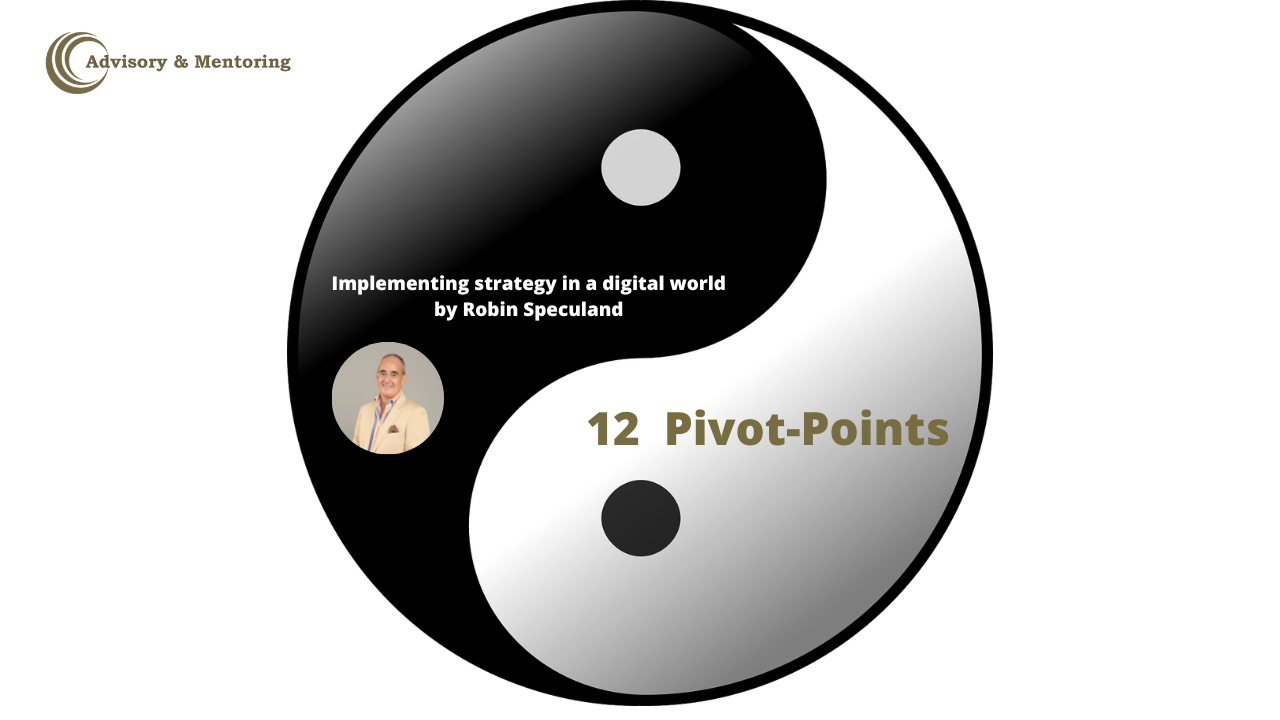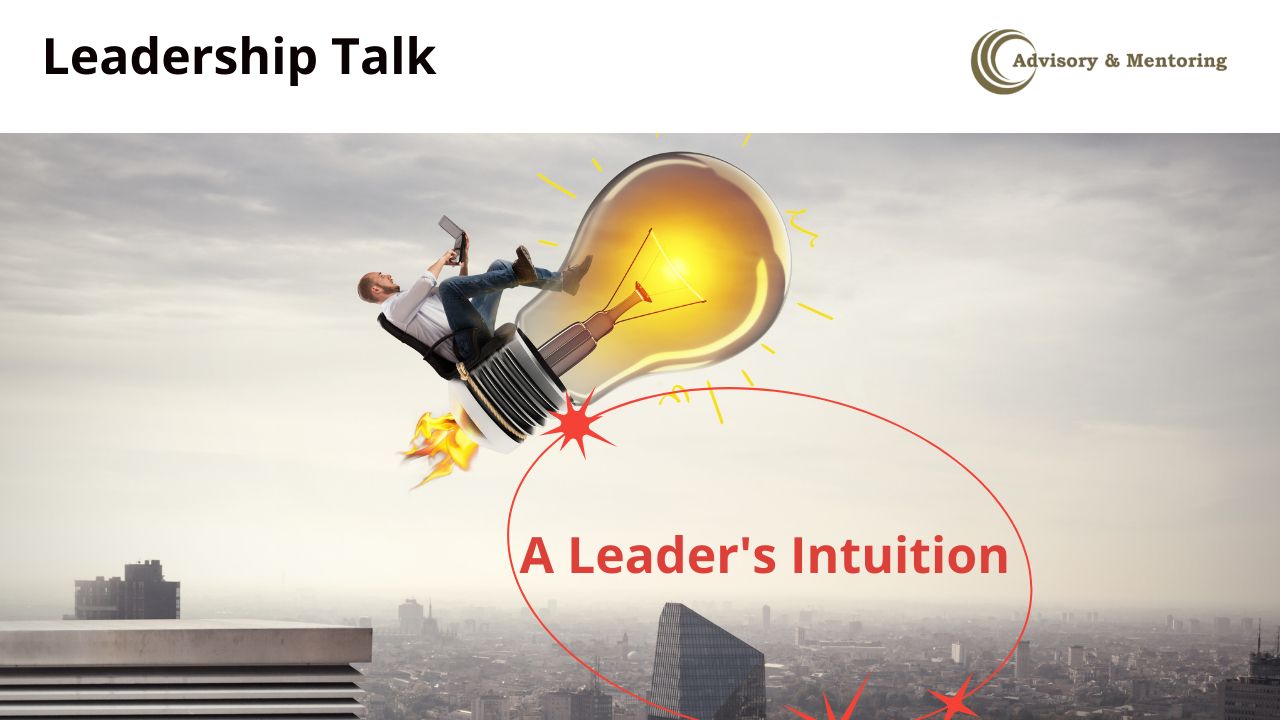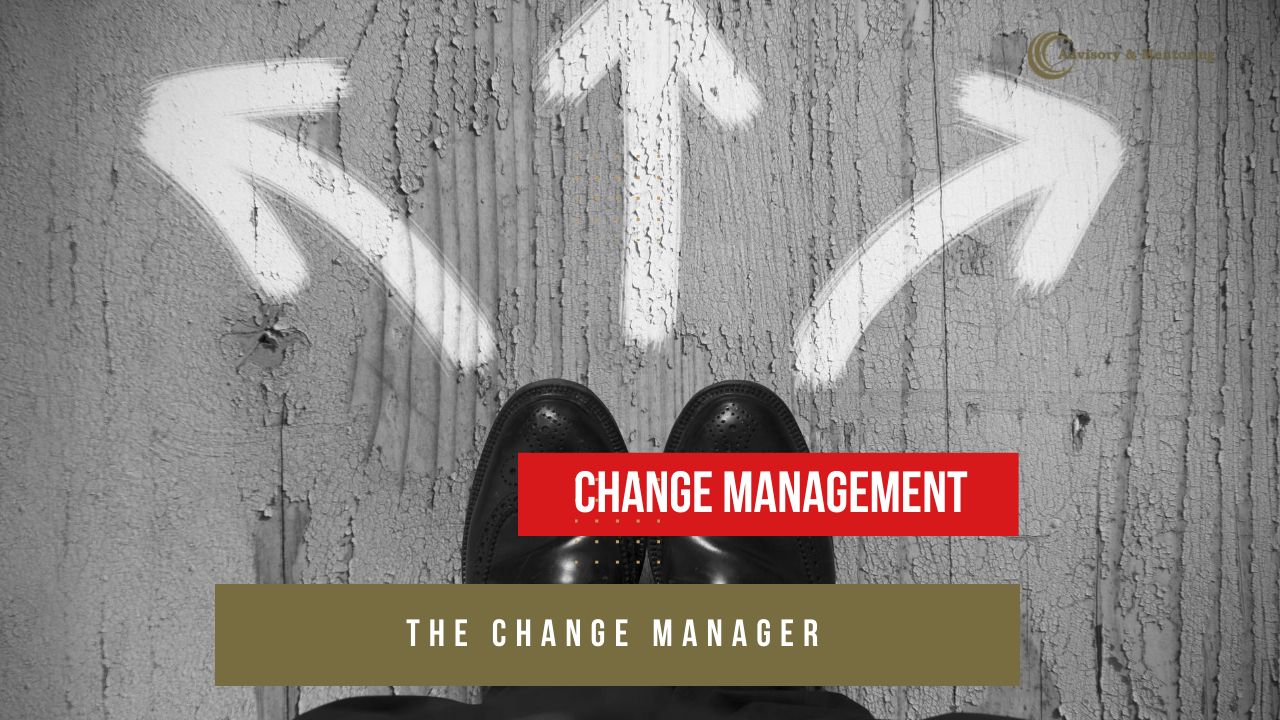We all have a reasonably accurate view of ourselves – regardless of how we present ourselves to others. Most of us know or suspect our “true selves.”
Similarly, we each have a reasonable understanding of what we consider “right” and what we consider “wrong” in our lives.
That sense of right and wrong ...
We regularly deliver insightful and thought-provoking webinars for senior executives in order to help them reach their goals.
You may be wondering about the connection between Robin Speculand’s Strategy Implementation webinar and the critical 12 Pivot-Points methodology that is Advisory & Mentoring...
The general understanding of the term “maturity” is of a person behaving emotionally and mentally as would an adult, and immaturity is behaving as an adult wouldn’t.
Based on the people we have known during our lives, it would be hard to convince us that all leaders are mature, even though they may...
Project governance refers to the management framework in which the project will be “held accountable” to the authority of the organization.
Some people say that governance is the way decisions are made. In reality, it’s more about the way in-project decisions are reviewed and authorized to ensure:
...You have probably never seen a real and legitimate successful leader look away from you when they’re talking to you, blow their nose on a napkin, talk through someone’s speech, wipe their nose on their sleeve, wear jeans to a formal meeting, forget peoples’ names, or other such unpleasant behaviours...
We are all familiar with the stories about very successful people without any or with minimal education who created their fame and fortune by making intuitive decisions that have served them well.
Stories of retailers or factory owners, for example, who started with one store or one factory which g...
Ask yourself a few questions.
- How successful have your change initiatives been?
- Have you delivered all that was intended by the change?
- How supportive were staff and impacted stakeholders?
- How much push-back did you get?
- Did you deliver to time and budget?
If you apply all the appropriate ...
People often assume that leaders automatically come up with the right answers because of the position they hold. The thought is that “they wouldn’t be leaders if they didn’t come up with the right solutions most of the time.”
One would like to think so, but the reality is different.
The leader of a...
The Change Manager
A change manager is the person responsible within a project in managing the people-related requirements and impacts of the change and normally reports to a project manager or program manager.
The change manager helps projects meet the objectives of the organization, project, bud...
According to the Project Management Institute’s The Project Management Body of Knowledge (PMBOK®) Guide, the sponsor “is the person or group [of people] that provides the financial resources, in cash or in kind, for the Project.”
As defined by Wikipedia.com, “The Project Sponsor will be a senior ex...
The world is in turmoil.
We are living through major pressures for change – pressures that are forcing us to move us away from what we know and what we are experienced in dealing with, and into an unsure and riskier place.
These pressures include geo-political instability, the pandemic, labour shortag...
Let's discover the Pivot-Point number 3: the market
Owners (or the proxied corporation) choose the broad environment (market) in which to participate in order to extract the benefit sought by owners.
This doesn’t imply that these choices are always correct. Sometimes decisions to embark into new m...
Receive our executive monthly blog posts in your inbox
Blog Registration
You can unsubscribe at any time.













